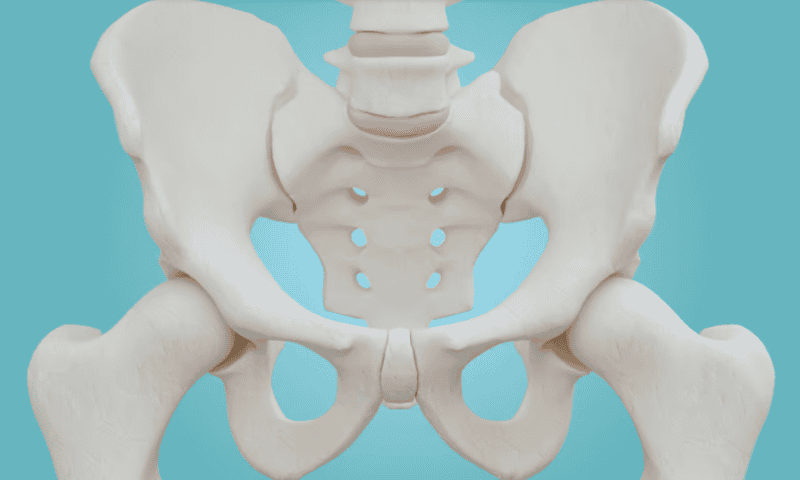The FDA is getting the word out regarding a recall effort from Zimmer Biomet related to its discontinued CPT hip implant and its potential link to fractures of the thigh bone after placement.
Zimmer Biomet previously issued a field safety notice in July for the product, known specifically as the CPT Hip System Femoral Stem 12/14 Neck Taper, which has been on the market for two decades. That voluntary recall did not require the implants to be discarded or returned to the manufacturer; instead, it alerted healthcare providers to a change in the device’s instructions for use.
The update stated that the implant’s cobalt-chromium alloy carries an increased risk of femur fractures following a procedure, compared to similar “polished taper-slip” hardware made of stainless steel. The implant helps replace the leg’s ball portion of the hip’s socket joint, with its stem being secured within the hollow of the thigh bone.
According to the company, a chance of a postoperative fracture comes with all total hip replacements, while polished taper-slip implants are the most common type used in the procedure. Zimmer Biomet said the hip system’s label would be amended to include clinical findings that its implant recorded a fracture rate of about 1.4% during its use in the U.K., versus rates between about 0.6% and 1% with stainless steel implants of the same category.
The company also said in its July notice (PDF) that it planned to phase out the implant by December of this year, and it would assist orthopedic providers in a transition.
Earlier this month, the U.K.’s Medicines and Healthcare products Regulatory Agency (MHRA) posted an alert urging surgeons to not use the CPT hip system except under certain circumstances, and only when alternatives are unavailable.
“There may be certain indications such as fracture neck of femur where the benefit of using the CPT Hip System may outweigh the risk of delaying treatment,” the agency said, while signing onto a joint statement with the British Hip Society, the British Orthopaedic Association and the National Joint Registry.
“Due to the high number of UK hospitals using the CPT Hip System, a phase-out was deemed appropriate by the MHRA to ensure continuity of care while the healthcare system adapts to new product lines,” the agency added. “For patients already implanted with a CPT Hip System, there are currently no known modifiable behaviours (such as lifestyle changes or exercises) that are known to reduce the risk of [periprosthetic femoral fracture].”
In the U.S., the FDA this week said it had concerns over the CPT hip system continuing to be implanted in new patients during the phase-out period and the need for patients to undergo surgery if a fracture occurs. The FDA said it is continuing to work with Zimmer Biomet to address the issue.
The FDA also echoed the MHRA in saying that healthcare providers should be aware of the increased risks and consider using alternative prostheses where possible.

